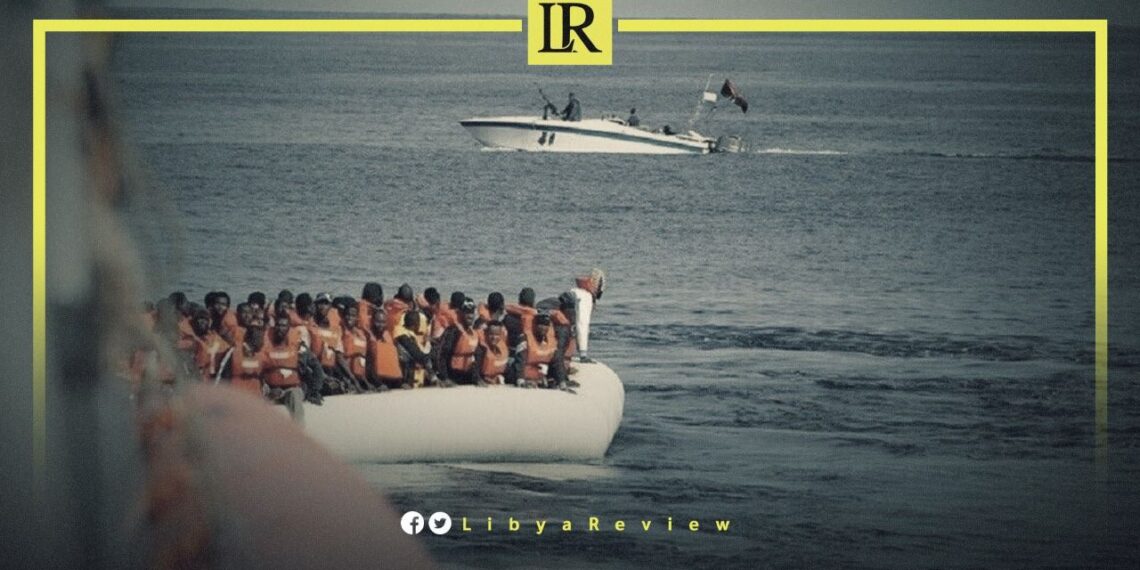Day after day, the tragic plight of irregular migrants in Libya is unfolding, marked by killings, terror, and violations by human traffickers, culminating in the discovery of mass graves.
On Friday, the International Organisation for Migration (IOM) announced the discovery of at least 65 migrant bodies in a mass grave in southwestern Libya. They are believed to have died during smuggling operations across the desert.
The Criminal Investigation Department of the Ministry of Interior under the Government of National Unity (GNU) released drone footage on Monday showing a desert area with white markers and a yellow tape around the remains of bodies, each numbered.
The bodies were found in Wadi Al-Jahriya, Shuwairif area, approximately 421 kilometers south of Tripoli. Following DNA sampling, all bodies were buried in a cemetery as directed by the Chief Prosecutor of Gharyan Primary.
IOM recorded at least 3,129 migrant deaths and disappearances in 2023 in the Mediterranean Sea, which it describes as the “most deadly migration route.” Without regular pathways offering legal migration opportunities, tragedies like these will continue to be a feature along this route. The organisation urged governments and authorities across the Mediterranean to enhance regional cooperation to ensure the safety and protection of migrants.
Libya currently hosts a total of 704,369 migrants from over 43 nationalities, according to mid-2023 data collected in 100 Libyan municipalities, per IOM.
Last Wednesday, the head of the National Commission for Human Rights in Libya commented on accusations by Doctors Without Borders (MSF) against European Union (EU) member states and the Libyan Coast Guard for endangering migrants’ lives in the Mediterranean. He stated that these accusations are grounded, with numerous instances of poor treatment of migrant boats.
The Libyan Coast Guard has been accused of obstructing the humanitarian work of search and rescue organisations in the Mediterranean. Italian and Maltese sides are also criticised for their handling of migrant boats. He mentioned the sinking incident off the Greek coast, involving a boat with at least 500 migrants. There are many cases reflecting the similar operational methods of the Italian, Maltese, Libyan, and Greek sides, all falling short of international law and humanitarian protection principles.
The enforced return of migrants is stated in the security cooperation agreement between Libya and Italy signed in 2018 regarding combating irregular migration. It mandates the interception and forced return of migrants found in Libyan territorial waters or shores.
MSF has called on the EU and its member states to immediately suspend financial and material support to the Libyan Coast Guard. They are accused of deliberately endangering the lives of hundreds of refugees.
The organisation witnessed a “forced return” operation by the Libyan Coast Guard, in international waters, coordinated with Maltese authorities and the European Border and Coast Guard Agency (Frontex), forcibly returning over 100 people to Libya despite MSF’s offer to assist and relocate these migrants to a safe place.
On March 19th, the Migrant News Network reported that since the start of the year, the Libyan Coast Guard had intercepted a total of 2,738 migrants, returning them to Libya, as per IOM data. Migrants in Libya suffer from detention in centers where they face extortion, torture, and exploitation.


